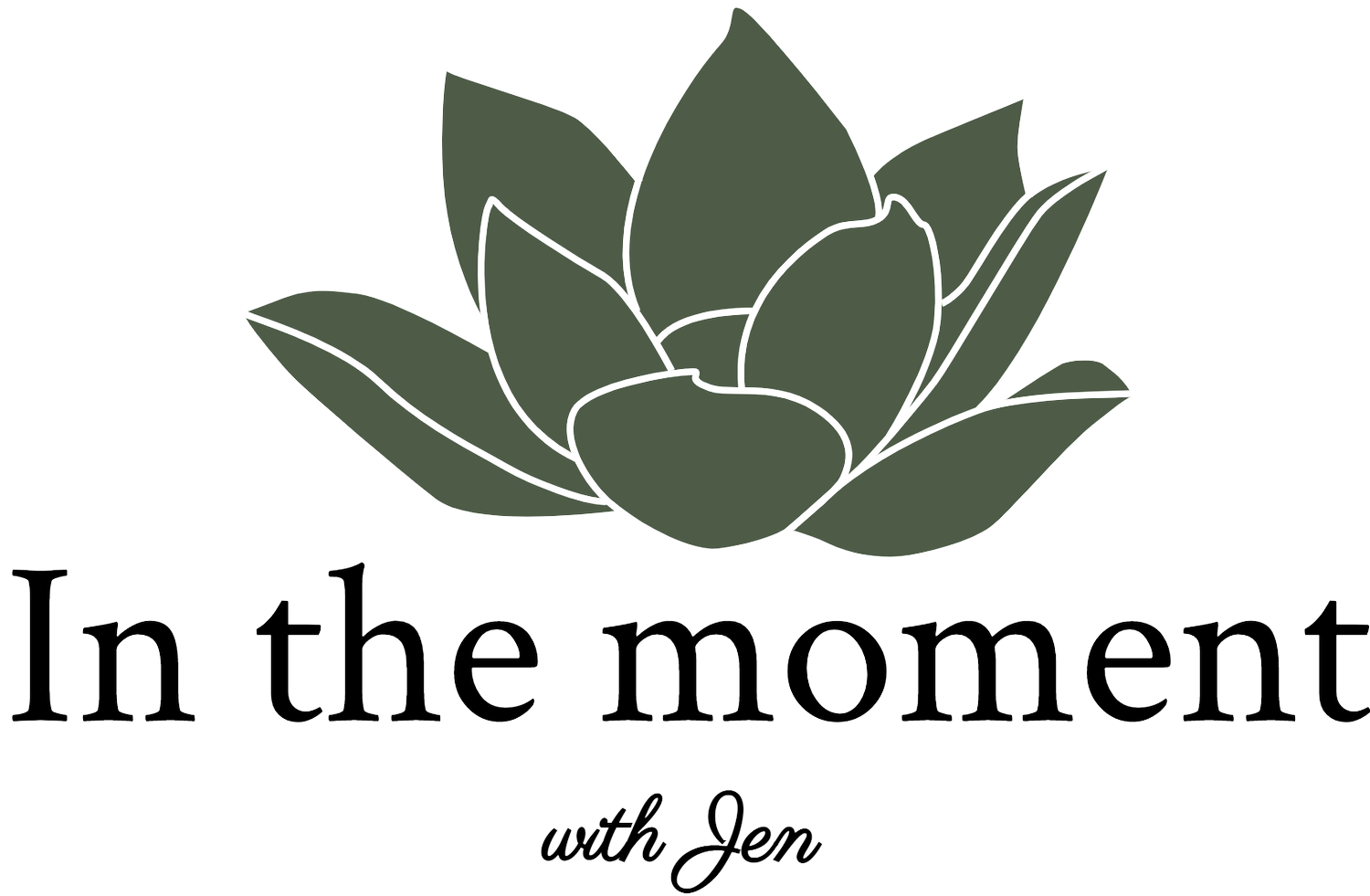“Think like an Herbalist”
Over the past two years, I’ve heard my Herbalism teacher in my apprenticeship program say many times, “think like an herbalist”. At first, when she would say this, anxiety would stir my belly because… I had no idea what she meant!
What usually came next from my teacher was a series of questions that ran through what we already knew (or “should” know!) about the plant and their actions on human bodies. Then my anxiety would turn to overwhelm and self-doubt because there are SO many medicinal plants living around us with SO much to learn!
When these feelings crashed over me, I would remember these 3 things that could bring me back to my breath and my feet on the ground; where overwhelm can transform to wonder and reflection.
Firstly, I see and value critical thinking as a capacity that we all have as humans but must be practiced so it can be employed as a skill in action. In taking a closer look at what critical thinking involves, I turned to The Foundation of Critical Thinking (https://www.criticalthinking.org//):
A well-cultivated critical thinker:
Raises vital questions and problems, formulating them clearly and precisely
Gathers and assesses relevant information, using abstract ideas to interpret it effectively
Comes to well-reasoned conclusions and solutions, testing them against relevant criteria and standards
Thinks open-mindedly within alternative systems of thought, recognizing and assessing, as needs be, their assumptions, implications, and practical consequences
Communicates effectively with others in figuring out solutions to complex problems
So to “think like an herbalist” also means to think critically. Of course, it involves studying plants, their constituents, assessing available research, as well as having trusted and varied resources from scientists, naturopaths and clinical herbalists but to “think like an herbalist” is more of an approach and a process to working with both plants and people.
The second thing that supports me in my groundedness and approach as an herbalist is my commitment to ahimsa. Without diving too deeply into Sanskrit or ancient Indian Philosophy, most simply put, the practice of ahimsa asks us to consider the least harmful path or option before us. This speaks to me about the plants and medicines that I will engage when working with clients. I am neither interested in harvesting plants from remote, faraway places, nor do I need to acquire exotic flowers or roots so as to have an elaborate and extensive apothecary.
Each medicinal plant is truly unique and has their own evolution throughout time by adapting to live in their environment. All plants have multiple constituents that interact with and function in the human body in layered and nuanced ways. So if you do your homework in learning enough about Phytology, chances are you can find equivalents to whatever fancy or trendy plant that is only available on the other side of the world. As an Herbalist, I am committed to rebuilding and deepening our connections to this earth with kindness, gratitude and sustainability at the heart of my offerings.
Lastly (and maybe most significant here?) in support of weaving wonder and “thinking like an herbalist”, is my relationship with people, plants and the study of Botanical Medicine. It is one of seasonal learning and renewal of relationship.
Tis true that my cultural colonial habit of a mindset was to see a plant and measure its worth with my benefit usually at the centre of that asking. Thankfully with some phenomenal teachers and teachings in Yoga Therapy, Birthing From Within, Orphan Wisdom, Sacred Gardener and Morning Altars, I’m still learning how to soften my eyes, slow my monkey mind and relearn how to trust in listening and observing with my whole being. These teachers have pointed me to the real teachers, the plants themselves and the people I work with.
Like all of our relationships in life, working with people, plants and their medicine asks from us an openness and a willingness to continue expanding the ways we understand and relate to one another. So even if I had a photographic memory, I could never learn all there is to know about a person, a plant or their medicine. Because there is no fixed bank of knowledge to learn and research is dynamic; plants evolve on their own, with us growing alongside them, courting them for their nourishment and medicine.
